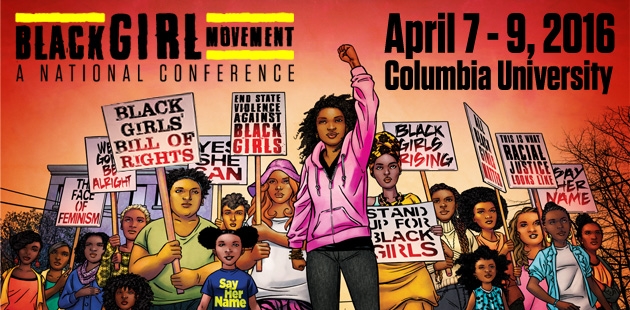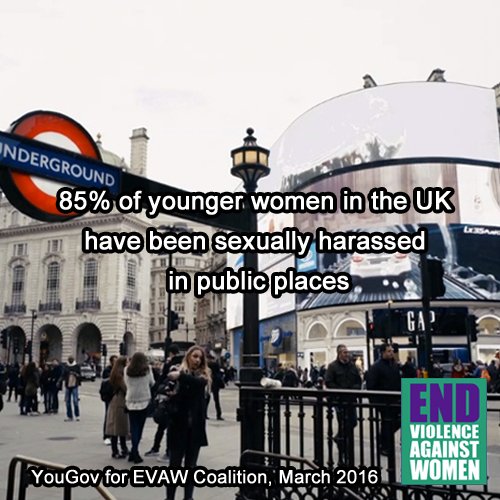“In 2014 Girls for Gender Equity joined a planning committee of activists, scholars, and artists to plan “Black Girl Movement: A National Conference” a free, three-day public gathering at Columbia University in New York City that will focus on Black girls, cis, queer, and trans girls in the United States. Bringing together artists, activists, educators, policymakers, and black girls who are leaders themselves, this first national conference on Black girls seeks to address the disadvantages that Black girls in the United States face, while creating the political will to publicly acknowledge their achievements, contributions, and leadership.
‘The Black Girl Movement is more than a conference,’ says Girls for Gender Equity founder Joanne N. Smith. ‘It is an uprising, a declaration, a demand, and an affirmation. Black girls and women have been leading racial and gender justice movements for centuries, so our conference is a space for us to connect our multiple movement building goals and strategies as we continue to lead the way.'”
Joanne will moderate two panels on Friday, April 8th, Best Practices, Policy and Philanthropy and Sisters in Strength youth organizers will lead a School Pushout workshop and curate strategies for a Black Girls Bill of Rights. Registration is full so if you haven’t registered, you can watch April 8th via Livestream https://livestream.com/accounts/557662
Join GGE for the opening reception on April 7th! It begins with PICTURING BLACK GIRLHOOD EXHIBIT –At 5:00pm – The EXHIBIT is FREE, open to ALL and will display until Saturday. Check out the event page.“


